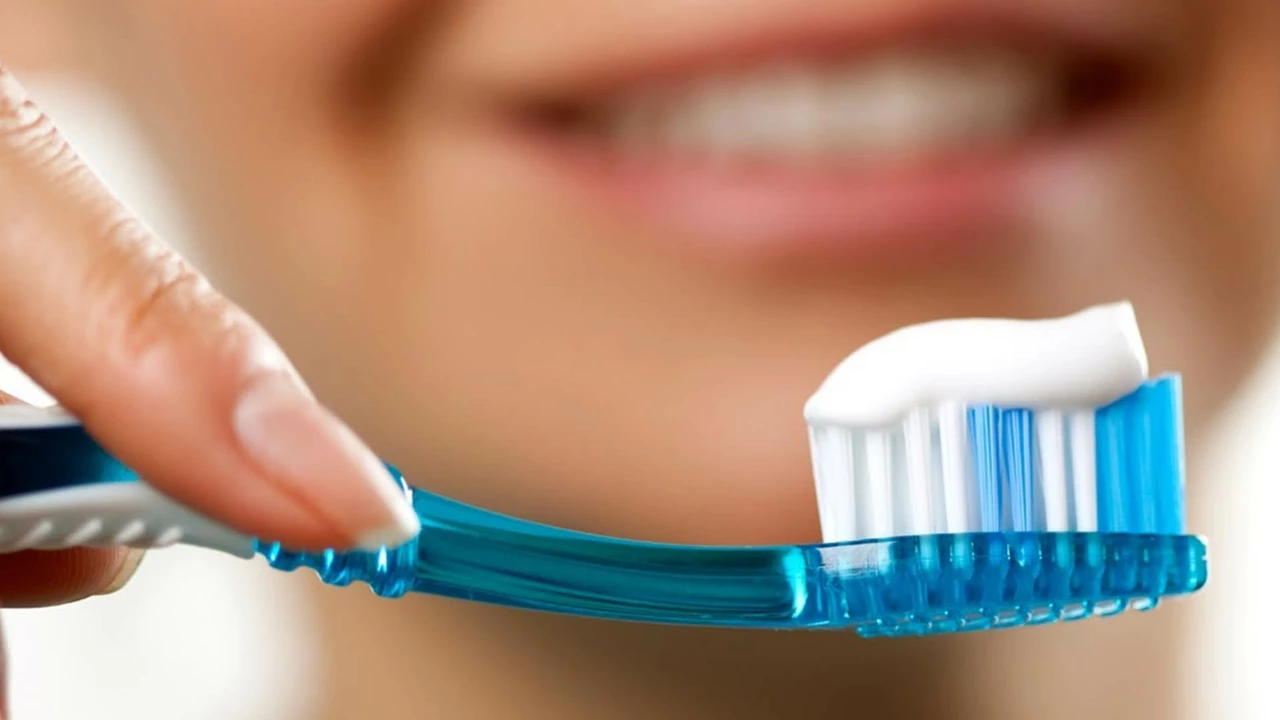Oral care tips that actually work
Did you know gum disease can raise your risk of heart problems? Small steps in your daily routine protect your teeth and your whole body. Here are clear, practical oral care tips you can use right away.
Daily habits that work
Brush twice a day for two minutes. Use a soft-bristle brush and gentle circular motions — hard scrubbing damages enamel and gums. Hold the brush at a 45° angle to the gum line so you clean where plaque builds up.
Floss once a day. Slide the floss up and down each side of the tooth in a C-shape. If regular floss is hard to use, try floss picks or an interdental brush; they reach tight spaces fast.
Clean your tongue every day. A tongue scraper or the back of your toothbrush removes bacteria that cause bad breath and can reduce plaque buildup.
Rinse wisely. An antimicrobial mouthwash helps with gum inflammation, while fluoride rinses strengthen enamel. Use mouthwash after brushing, not as a replacement.
Watch what you eat. Sugary snacks and acidic drinks erode enamel. Swap soda for water, and eat whole fruits instead of fruit juices. Cheese, plain yogurt, and crunchy raw vegetables help neutralize acids after meals.
Hydrate and manage dry mouth. Many medicines cause dry mouth, which raises cavity risk. Sip water often, chew sugar-free gum with xylitol to boost saliva, and ask your doctor about alternatives if dry mouth is severe.
When to see a dentist
Schedule a cleaning and checkup every six months, or more often if you have gum disease, diabetes, or a weakened immune system. Dental visits catch small problems before they become big ones.
If you notice bleeding gums, loose teeth, persistent bad breath, or a new sore that won’t heal, make an appointment right away. These signs can mean infection or other conditions that need treatment.
If you grind your teeth at night, ask about a night guard. Grinding chips enamel and causes jaw pain. A simple custom guard from your dentist protects your teeth and improves sleep quality.
For kids, start early. Wipe a baby’s gums after feedings and start brushing as soon as the first tooth appears. Schedule their first dental visit by their first birthday to prevent problems early.
Manage sensitivity with targeted steps. Use a toothpaste for sensitive teeth, avoid highly acidic foods, and talk to your dentist about desensitizing treatments.
Travel smart. Pack a small toothbrush, travel-size toothpaste, and floss. If you’ll be on plane flights, bring a hydrating spray or lozenges to fight dry mouth.
Small habits compound. Brushing properly, flossing, cleaning your tongue, eating less sugar, staying hydrated, and seeing your dentist regularly keep your smile healthy. Pick one change this week and stick with it — your mouth will thank you.
If cost or anxiety is a barrier, ask about payment plans or sedation options. Many clinics offer sliding scales and gentle care. Your dentist can work with you — speak up and make a plan.
